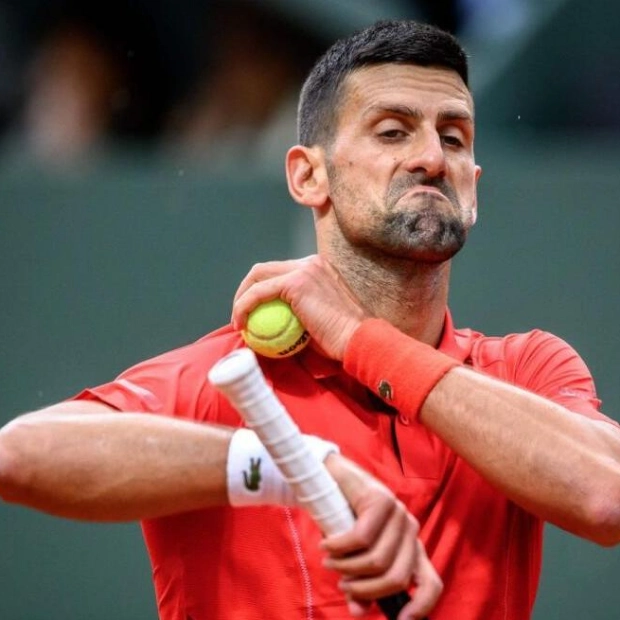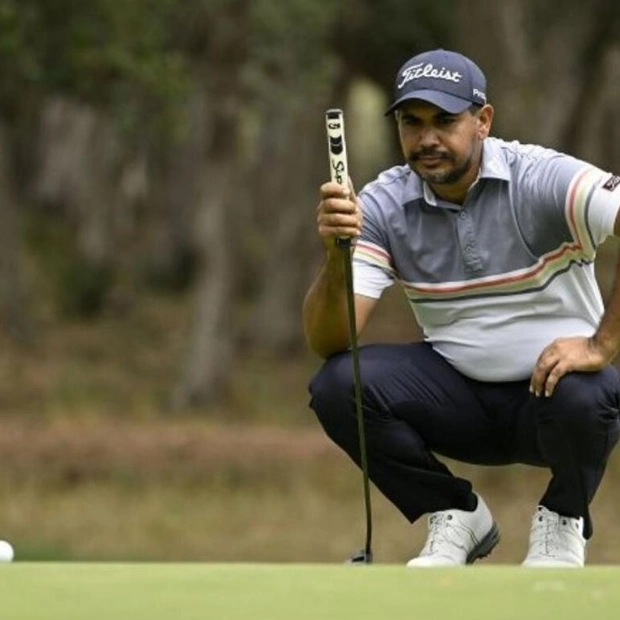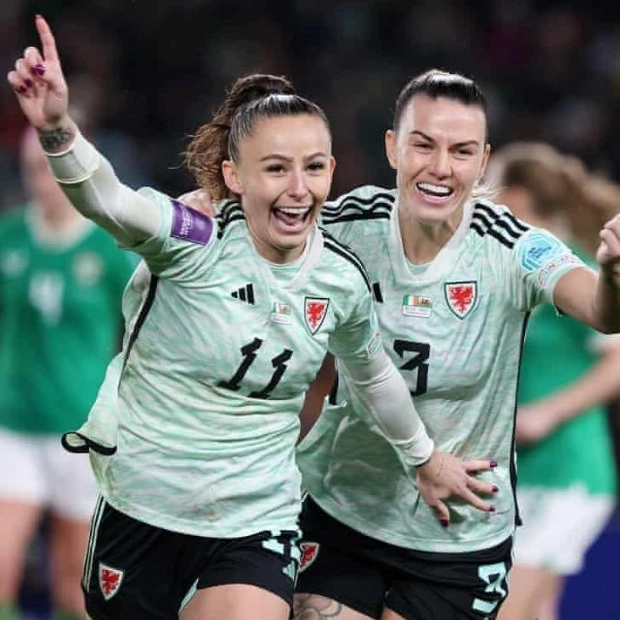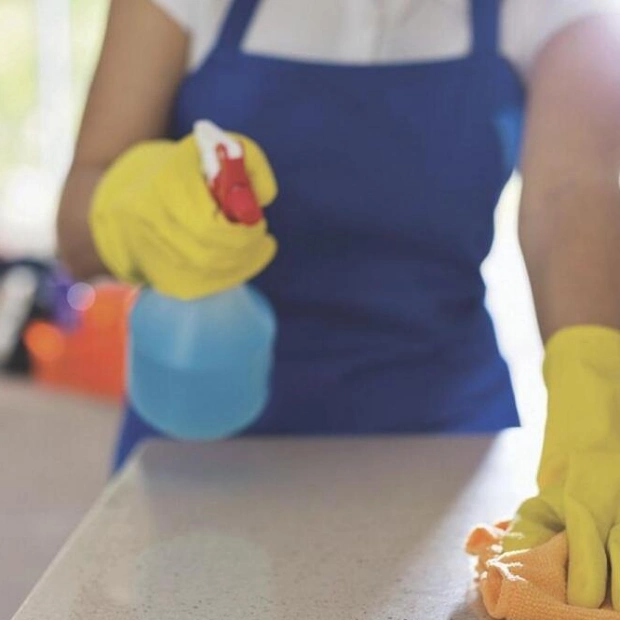Brant Dunshea, the British Horseracing Authority's chief regulatory officer, will assume the role of 'acting' chief executive starting from 1st January as the search for a permanent successor to Julie Harrington, who has been CEO since January 2021, continues, according to the sport's governing body. Dunshea has been deeply involved in many of the sport's crucial issues and initiatives since joining the authority in March 2015, including a comprehensive review of the Cheltenham Festival meeting in 2018, where six horses suffered fatal injuries, and ongoing efforts to strengthen rules regarding the use of the whip.
The BHA announced Dunshea's new role on Tuesday, stating that the search for Harrington's permanent replacement has been postponed to allow the newly appointed chair of the Authority, Lord Allen of Kensington, who will succeed Joe Saumarez Smith in May, to participate in the recruitment process. This decision is understandable, but it also means that the search for a new CEO, which began six months ago, is still ongoing, and the list of immediate and long-term concerns that the incoming CEO will need to address is, if anything, even more pressing than it was in June.
Bookmakers contribute a percentage of their profits from racing bets back to the sport through a mechanism known as the Levy. The prospect of reforming this system to provide a much-needed boost to one of the sport's main revenue streams seems as distant as ever, especially given the latest official industry statistics from the Gambling Commission, which show a continuing and worrisome decline in betting turnover on the sport. This decline, which extends up to the end of March 2024, is particularly concerning when considering the gradual implementation of 'affordability checks' for punters, a part of the previous government's plans to reform gambling regulation.
At a media briefing arranged by the British Horseracing Authority on Tuesday, there was little, if any, concrete progress to report on this issue. A voluntary agreement between racing and betting operators seemed imminent in May before Rishi Sunak's unexpected decision to call an election put everything on hold. Since then, the gambling side has been reluctant to re-engage as they await the new government's regulatory framework around gambling.
However, there were a few mildly positive developments. Greg Swift, the BHA's director of communications, reported that 'senior representatives from the BHA will be meeting senior representatives of the Betting and Gaming Council next week to resume those conversations,' seemingly at the behest of Baroness Twycross, the gambling minister. These talks will resume following the government's decision to proceed with the previous government's plans for a £100m-a-year levy on the gambling industry to fund prevention and treatment of gambling-related harm. This decision is unlikely to expedite their return to negotiations. Consequently, bookmakers may argue that the landscape has changed, times are tougher, and now is not the time to give up even a small additional portion of their turnover to meet racing's demands for extra funds.
In a broader context, there is little indication that the government is willing to deviate from its predecessors' reluctance to separate betting, particularly betting on racing, from the significantly more dangerous online slot and gaming products that have significantly tarnished the public's perception of gambling. Stalled negotiations on Levy reform against a backdrop of declining betting turnover is a challenging starting point for any incoming CEO. The impending arrival of the affordability checks proposed in the last government's white paper on gambling legislation reform adds another layer of complexity, along with the fact that the much-anticipated arrival of Premier Racing at the beginning of this year has done little, as yet, to alter the metrics or the overall mood.
It is crucial to distinguish the imminent checks, which are intended to be 'frictionless' in the majority of cases, from the bookmaker-initiated and more intrusive checks that have been causing issues for punters over the past couple of years. There is currently no clarity on the criteria individual firms are using to determine which punters to check, and the fact that revenues from online slots and casino games remain robust is, at least anecdotally, evidence that racing and betting businesses have been subjected to undue scrutiny.
'The key number on betting turnover is a decline of £1.5bn in two years,' Swift said on Tuesday. 'I think it's worth reminding people that when the white paper was published and we conducted our own independent analysis of the potential impact [of the new checks], it was significantly in excess of the estimates that the government made. Our view was that it was potentially a £50m hit, or the equivalent of one in seven jobs in the sport lost.'
The results of phase one of the [Gambling Commission's] pilot tests [of the check] should be received early in the new year, and we know that phase two is already underway as well. These findings must be independently reviewed and subjected to rigorous independent evaluation to fully understand the potential implications of these checks.
Several members of the all-party parliamentary group on gambling reform, which was a key driver of the moves to introduce the checks, have publicly stated that they do not wish to harm racing and that the checks aim to curb the harm caused by online casino games and slot machines. However, the Gambling Commission remains reluctant to separate betting from gaming in any meaningful way, and the attempt to persuade it to reconsider is likely to be a key mission for the BHA's next full-time CEO from day one – which raises the question of why anyone would want the job at all.
Source link: https://www.theguardian.com






